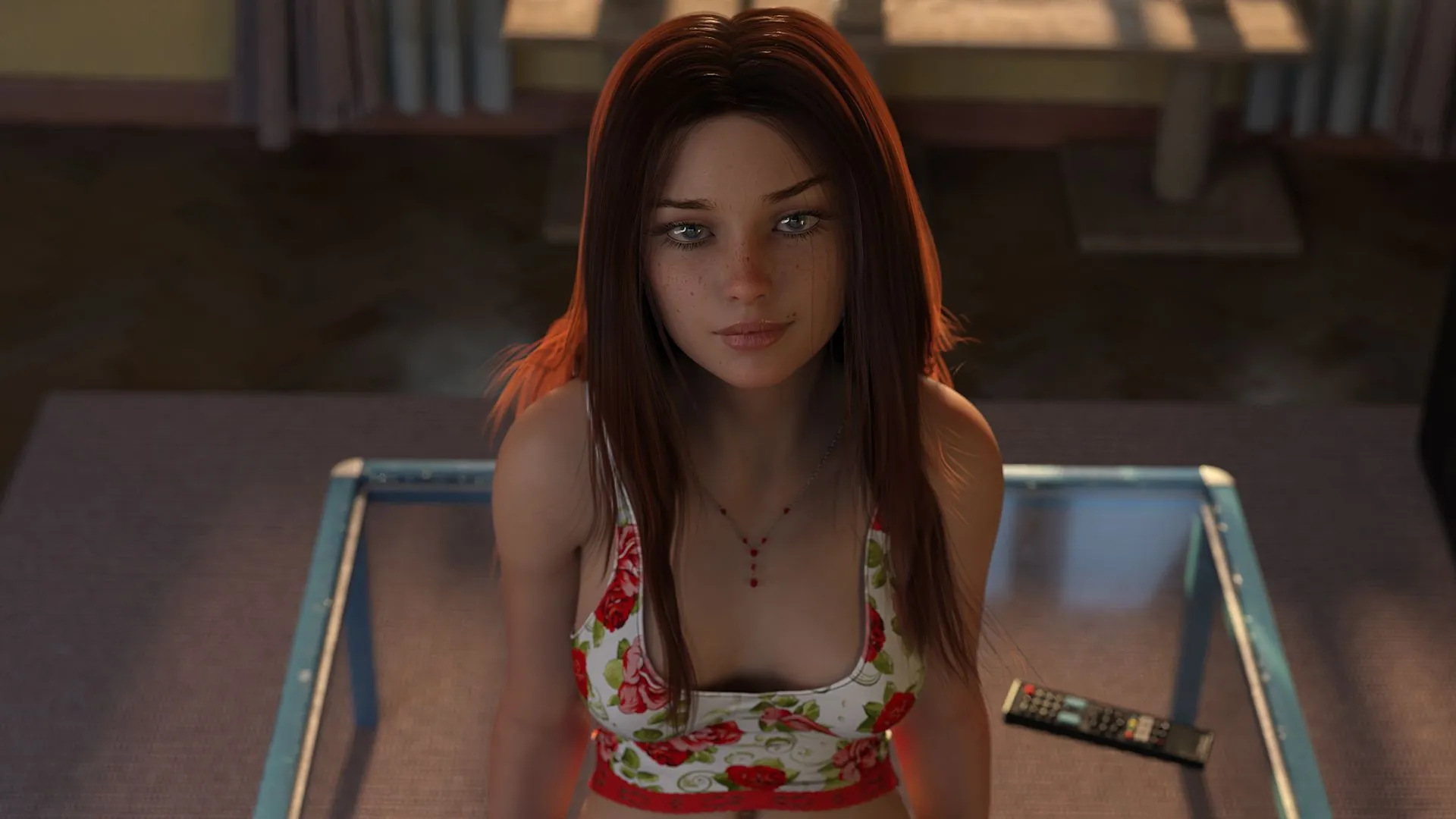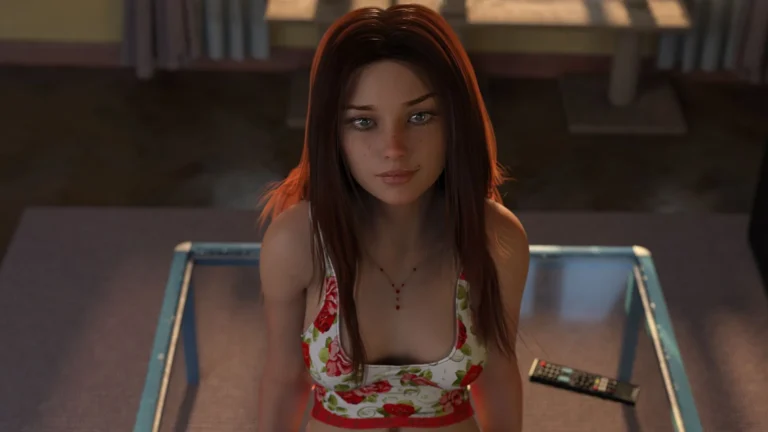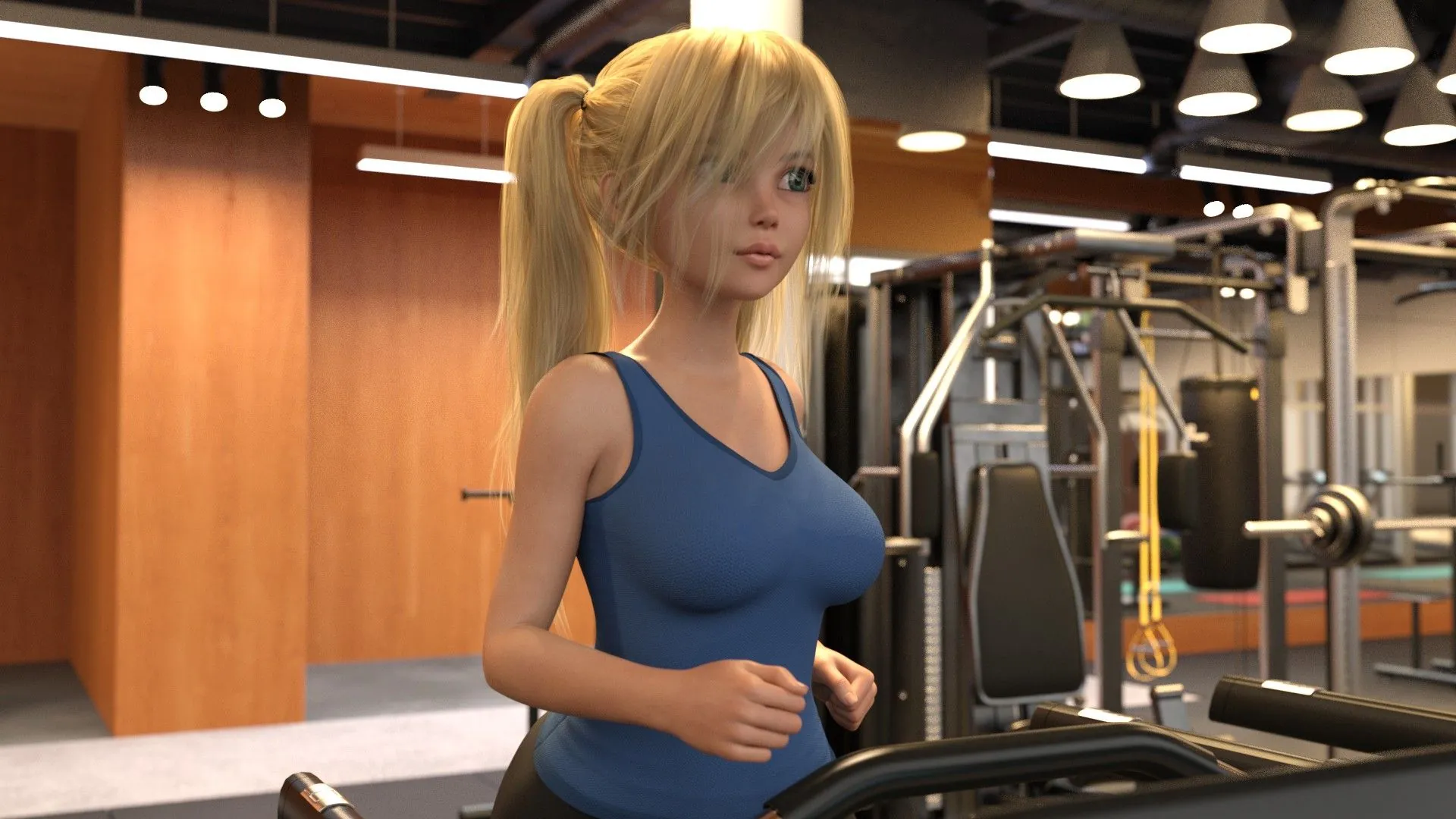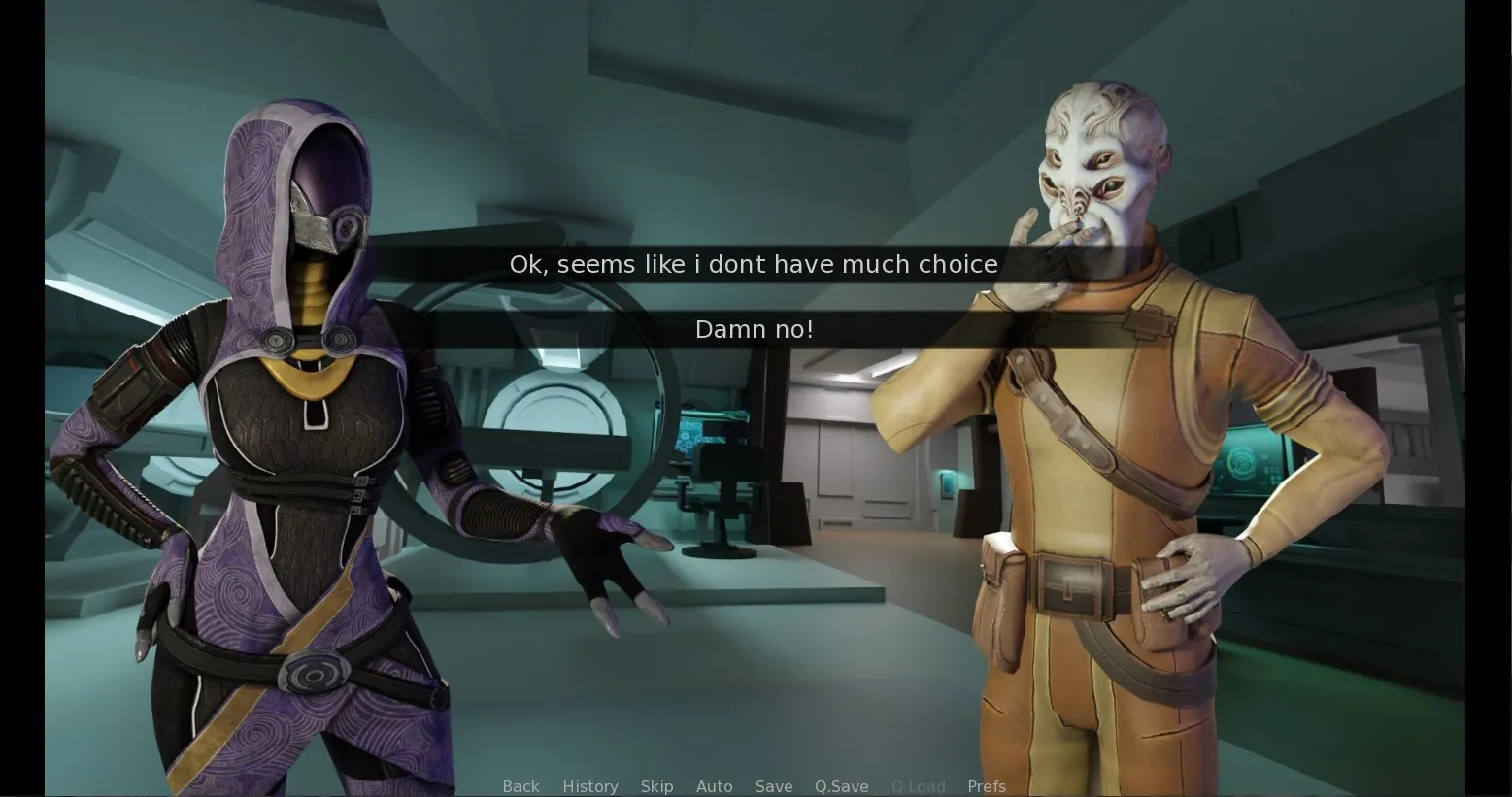
Summer’s Gone
Play Summer’s Gone
Summer’s Gone review
A Journey of Healing and Connection in a Visual Novel
In the world of interactive visual novels, ‘Summer’s Gone’ stands out for its poignant exploration of mental health, love, and personal growth. This game follows a young man struggling with depression and isolation as he navigates college life and confronts his past. With a focus on character development and player choice, ‘Summer’s Gone’ offers a unique journey of healing and connection.
Understanding ‘Summer’s Gone’
The Storyline and Themes
Picture this: You’re holding a controller, but instead of blasting aliens, you’re navigating the quiet storm of human connection. 😌 That’s Summer’s Gone – a visual novel that trades explosions for emotional tremors. Set against moody coastal landscapes, you step into the shoes of a protagonist grappling with trauma after a devastating loss. The brilliance? It doesn’t just mention mental health; it lets you live the messy, non-linear journey of healing. 🌊
When I first played, I expected clichés. Instead, I found raw honesty. One rainy in-game night, my character sat alone on a pier, wrestling with guilt. I’d avoided therapy chats earlier, and suddenly, the game mirrored my own avoidance patterns back at me. 😳 That’s the power here: themes of love, isolation, and ambition aren’t just plot points—they’re mirrors.
Pro tip: Let yourself sit with uncomfortable moments. Skipping dialogues might speed things up, but you’ll miss the game’s emotional core.
The waves, the lingering silences, even the way sunlight filters through trees—it’s all intentional. Nature becomes a metaphor for recovery: unpredictable, beautiful, and relentless. 🌲
Gameplay Mechanics and Interactivity
Forget button-mashing. Summer’s Gone is a masterclass in interactive storytelling. Your decisions—big or small—ripple through every relationship and plot twist. 🎮 How? Through a seamless blend of:
- Branching dialogues (choose vulnerability or deflection)
- Relationship meters (hidden but pivotal)
- Time-based triggers (miss a coffee meetup? Consequences unfold)
Here’s where player choice shines. Early on, I snapped at a side character instead of listening. Weeks later in-game, that same character refused to help me during a crisis. Ouch. 🙈 The game remembers, and it’s brutal (but fair).
Let me break down a pivotal moment:
| Choice | Short-Term Impact | Long-Term Consequence |
|---|---|---|
| Comfort Mila after her failure | Immediate trust boost | Unlocks her mentorship arc |
| Dismiss her struggles | Avoid emotional labor | Locks her out of key storylines |
Actionable advice: Save often! Replaying scenes isn’t cheating—it’s exploring how tiny shifts alter story progression. 🔄
Character Development and Relationships
No NPCs here—only humans wearing pixelated skin. Every character in Summer’s Gone evolves, but only if you engage. Take Bella: her sharp wit masks abandonment issues. Push her away, and she hardens. Show patience? She becomes your fiercest ally. ❤️🔥
The character development is chef’s-kiss nuanced. 👌 During my playthrough, I focused on fixing the protagonist. Big mistake. Ignoring side characters like gentle, bookish Vic left her storyline stunted—and mine lonelier. The game whispers: Healing isn’t solitary.
Relationships thrive on consistency:
– Small gestures > grand declarations (daily texts matter!)
– Mental health setbacks aren’t “failures”—they’re realism
– Missed connections teach more than forced ones
Real talk: Let characters disappoint you. Perfect arcs aren’t the goal; authentic ones are.
By my third replay, I’d seen six versions of the finale. Why? Because Summer’s Gone treats relationships like gardens: neglect withers, attention blooms. 🌸 And that’s its magic—you don’t just watch growth; you cultivate it.
Final insight: This isn’t escapism. It’s a workshop for empathy. Whether you’re here for the art (stunning!) or the ache of connection, Summer’s Gone proves visual novels can be lifelines. Now, go save your game—and maybe, a little piece of yourself. 💫
In conclusion, ‘Summer’s Gone’ offers a compelling narrative that explores themes of healing, love, and personal growth, making it a standout in the world of visual novels. By focusing on character development and player choice, the game provides a deeply engaging experience that resonates with its audience.
















